Tony Weaver Jr.’s memoir ‘Weirdo’ showcases the power of a Black father’s love
Tony Weaver Jr.’s “Weirdo” is an award-winning book every Black boy (and his father) should read this Father’s Day. The
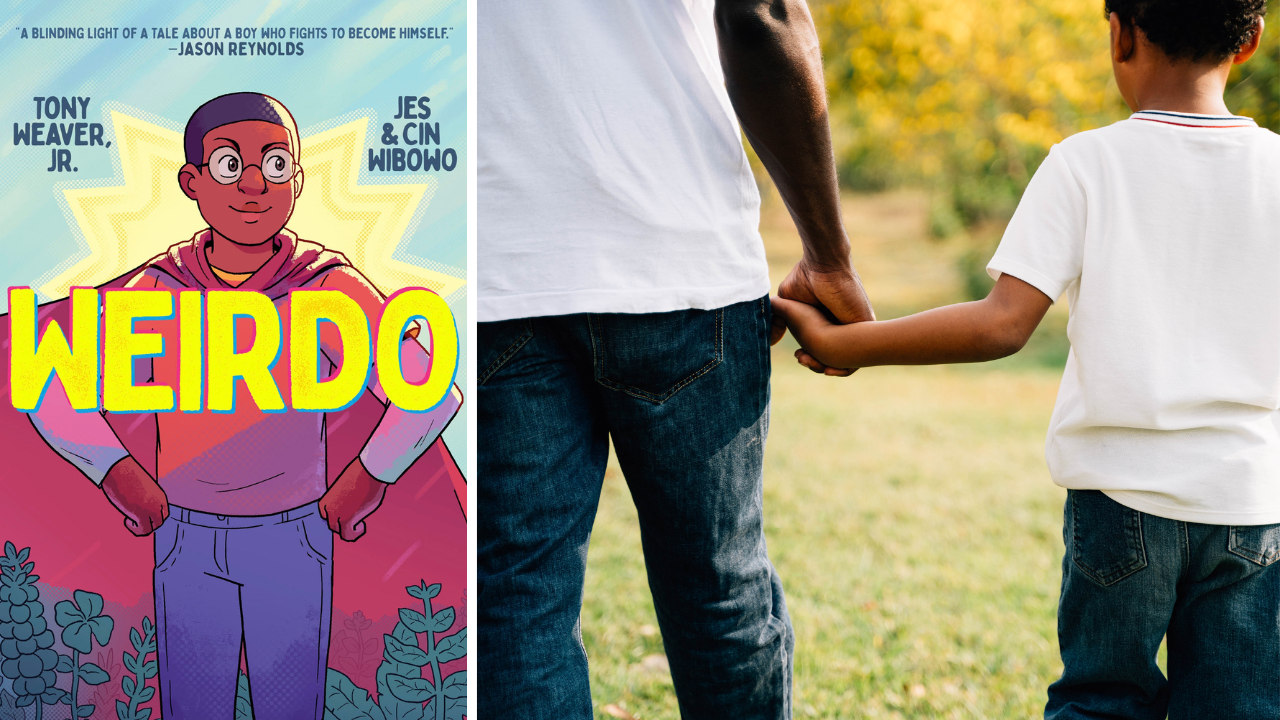
Tony Weaver Jr.’s “Weirdo” is an award-winning book every Black boy (and his father) should read this Father’s Day.
The relationship between Black boys and their fathers can be just as sacred as it can be complicated. Author Tony Weaver Jr. dives into the beauty of that complexity in his graphic memoir, “Weirdo,” which he describes as “the nerdy kids’ instruction manual for self-love and self-confidence.”
In addition to vivid illustrations and narratives about identity, depression, and Black boyhood, Weirdo is a heartfelt tribute to the power of Black fatherhood.
“In Weirdo, my parents are just as central characters as I am,” he told theGrio. “I would certainly say that I wrote it with the goal that a parent can read it with their child and learn from the experience that my parents had.”
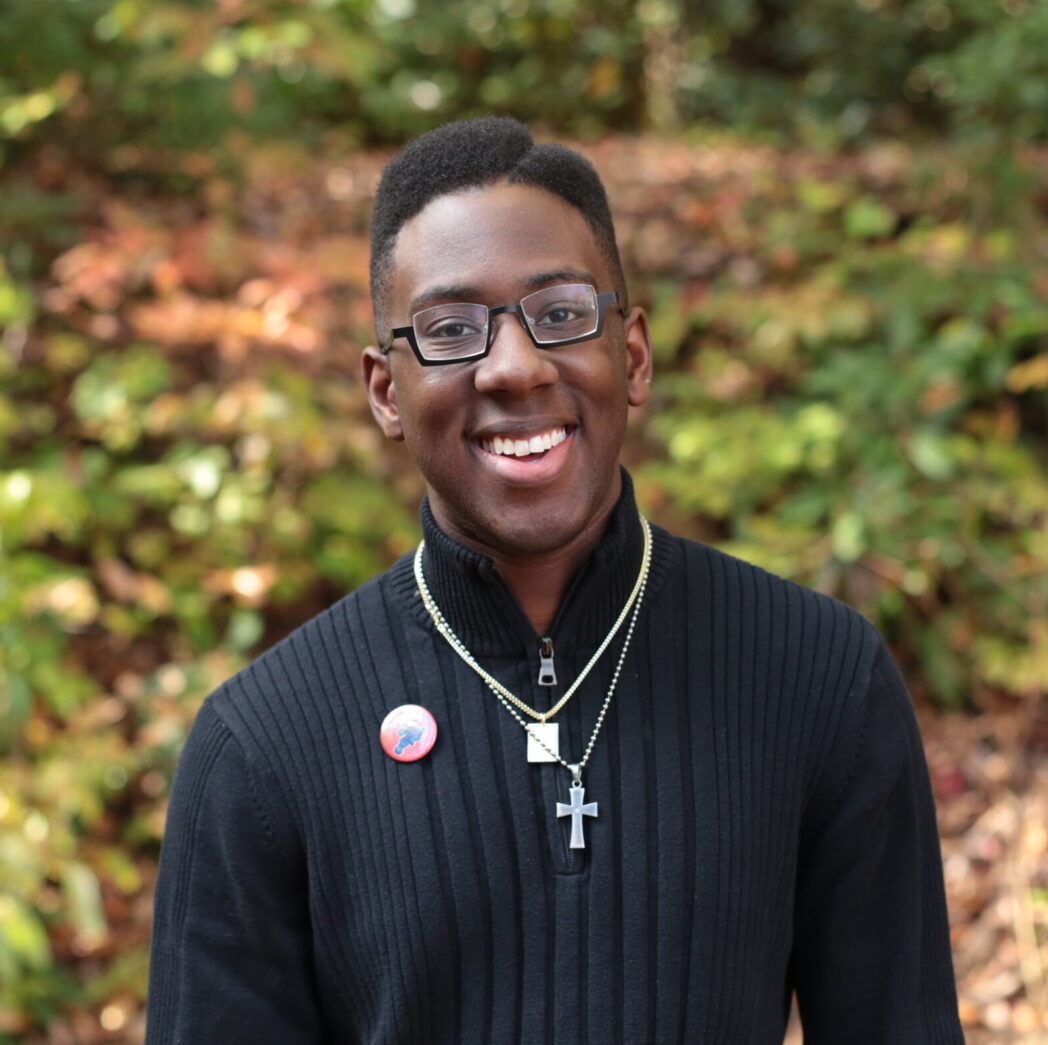
In the book, Weaver recounts a suicide attempt in seventh grade, born of isolation and despair. He says he wrote the book to let young readers know that they’re not alone in their feelings. In doing so, he offers a model for parents, especially Black fathers, who are trying to break generational cycles and raise emotionally whole children.
“My dad was not prepared for a lot of the issues that I dealt with. And one of the things that I think is a very enduring message in the book is that he loved me enough to figure it out,” he continued. “I think that the mental health issues that I dealt with were certainly things that my parents didn’t have experience with that required some unlearning and learning on their part.”
The author explained that a part of fatherhood is navigating societal narratives around masculinity, what society says men are supposed to be, how men are supposed to behave, and how their child’s personality is supposed to develop.
“Very often, we hear these stories about fathers who pick society over their kid,” he shared. “My dad had a choice, and he picked me. I think that’s why I’m here today.”
Their relationship was not always a smooth fit. Weaver—bookish, nerdy, emotionally sensitive—was nothing like his athletic, physically imposing father. “My dad kind of scared people a little bit, right?” he laughed. “He shows up like, ‘Who? Who is your child?’ And it’s like, ‘That one with the Pikachu over there, that one’s mine.’”
Despite the differences, Weaver’s father met his son’s needs head-on. “The fact that he was courageous enough to say, ‘I don’t understand all of this, but what I do understand is that I love my son, and he needs my support, and I’m going to learn what I need to learn in order to be there for him,’” Weaver said reflecting on his father.
This is where “Weirdo” shines. Not just as a story about one Black boy coming of age, but as a testament to the transformative power of Black fatherhood when rooted in love, not fear.
“I think Black boyhood, very often, we are taught that we’re supposed to be at odds with our fathers,” Weaver noted. “Black fathers are often seen as disciplinarians. And I think that role is important, but it is possible to be a disciplinary force with love…not through fear.”
A memory that encapsulates that for Weaver happened in a Black barbershop, which he describes as the “battleground of Black masculinity.” As a kid, he remembers the alcohol used at the end of a haircut would sting his scalp. In those moments, while other men might have told their sons to toughen up, Weaver’s dad did the opposite.
“In this barbershop full of other men, he would walk up to me, three or four inches away from my face, and blow where my head was burning, so that the pain would go away faster,” Weaver recalled. “I think it’s symbolic of the way that he shows up in my life. My dad doesn’t care what anyone else thinks of him…of me. What he cares about is that he’s there for me.”
For Weaver, that quiet defiance became a roadmap for the man he would become. Now, traveling the country speaking to students, he carries his father’s legacy into every classroom.
“My dad gave me my gift for words,” Weaver said, reflecting on his father. “He’s a man of few words, but he always made sure to communicate love. I think the messages that he spoke to me are what allowed me to be the person that I am. And now I go across the world, talking to other people and speaking love into them.”
“Weirdo” highlights the importance of being yourself no matter the circumstances and finding strength in that sense of identity—a message powerful for young Black boys who feel disconnected from their fathers or burdened by outdated ideas of masculinity
“A lot of what constitutes Black manhood was literally beaten and whipped into us by people who wanted to profit off our bodies,” Weaver said. “Centuries later, there’s still a piece of that we’re holding. But the manliest thing you can be is the person you naturally are, and that looks different for everybody.”
“You gotta reconcile that with yourself. If you walk around with that mask on, it doesn’t matter how many high fives, daps or ‘I see yous’ or even validation for people of the opposite sex that you get, if you don’t love you, there is nothing that is going to fill that gap,” he advised young men.
Tony Weaver Jr.’s Weirdo is more than a memoir. It’s a love letter to the awkward kids who need guidance, to the fathers learning how to show up, and to the unshakeable bond between a Black man and his dad. In a society that often spins the narrative about Black fatherhood, “Weirdo” reminds us that Black dads aren’t all absent; they can be present, powerful, and full of love.
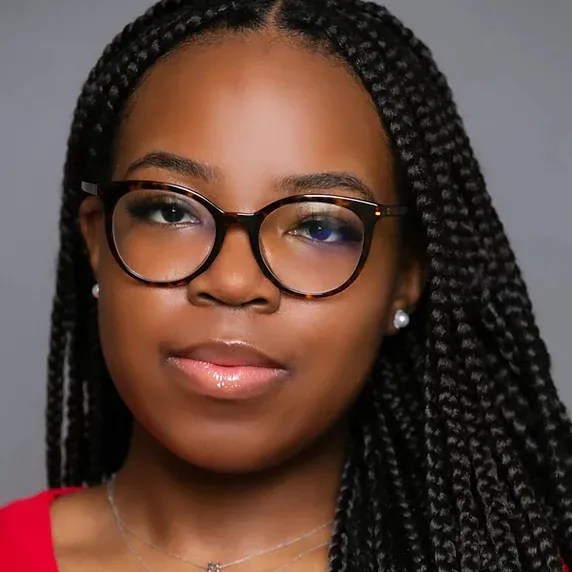
Haniyah Philogene is a Haitian-American multimedia storyteller and lifestyle and entertainment writer covering all things culture. With a passion for digital media, she goes above and beyond to find new ways to tell and share stories.
Share
What's Your Reaction?
 Like
0
Like
0
 Dislike
0
Dislike
0
 Love
0
Love
0
 Funny
0
Funny
0
 Angry
0
Angry
0
 Sad
0
Sad
0
 Wow
0
Wow
0
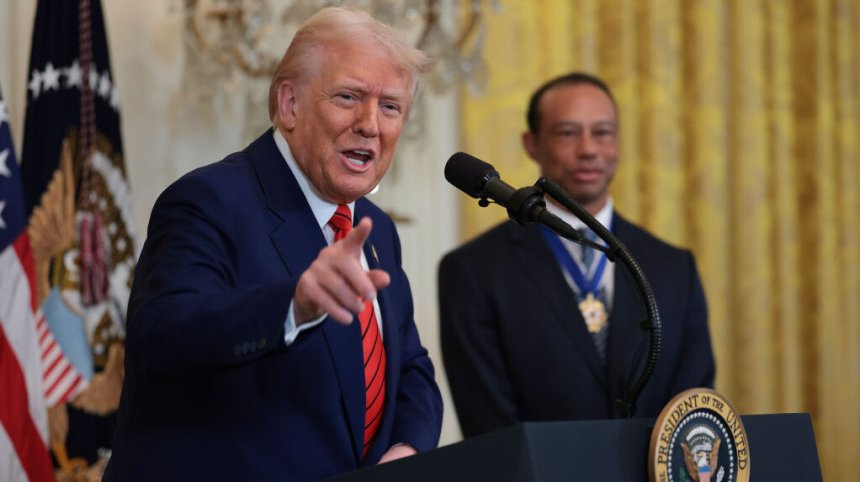
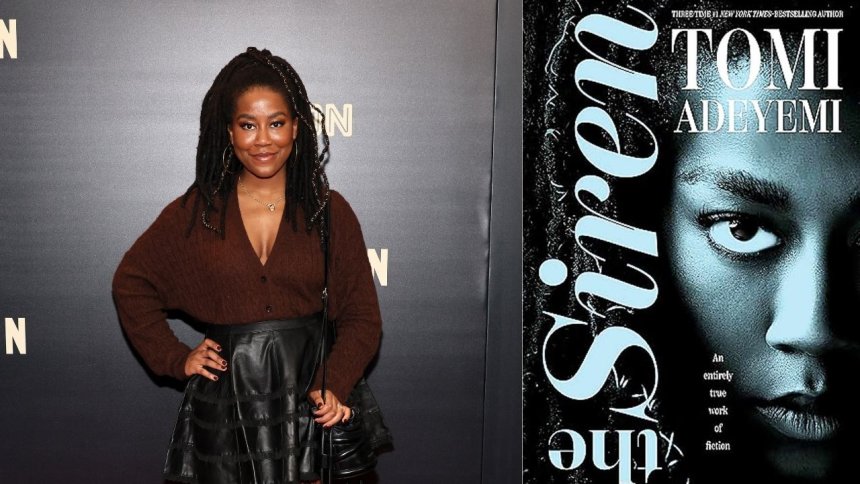
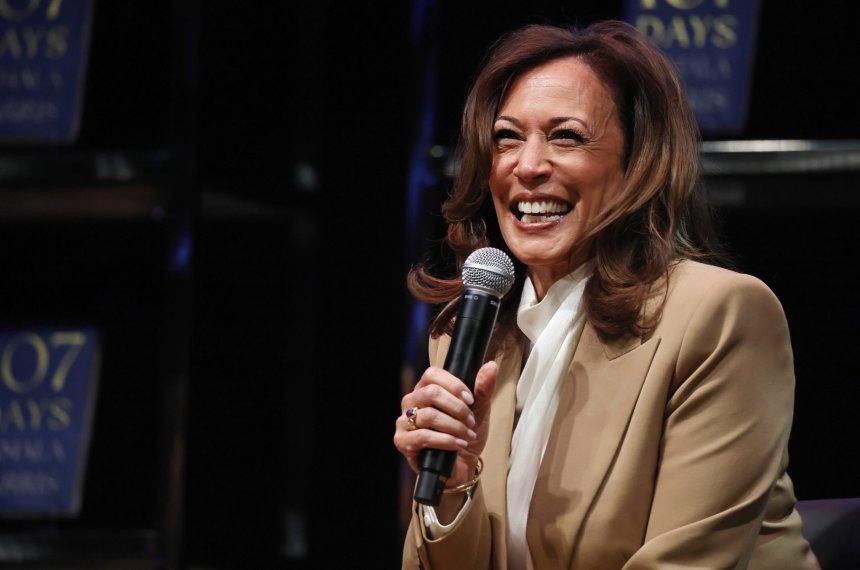




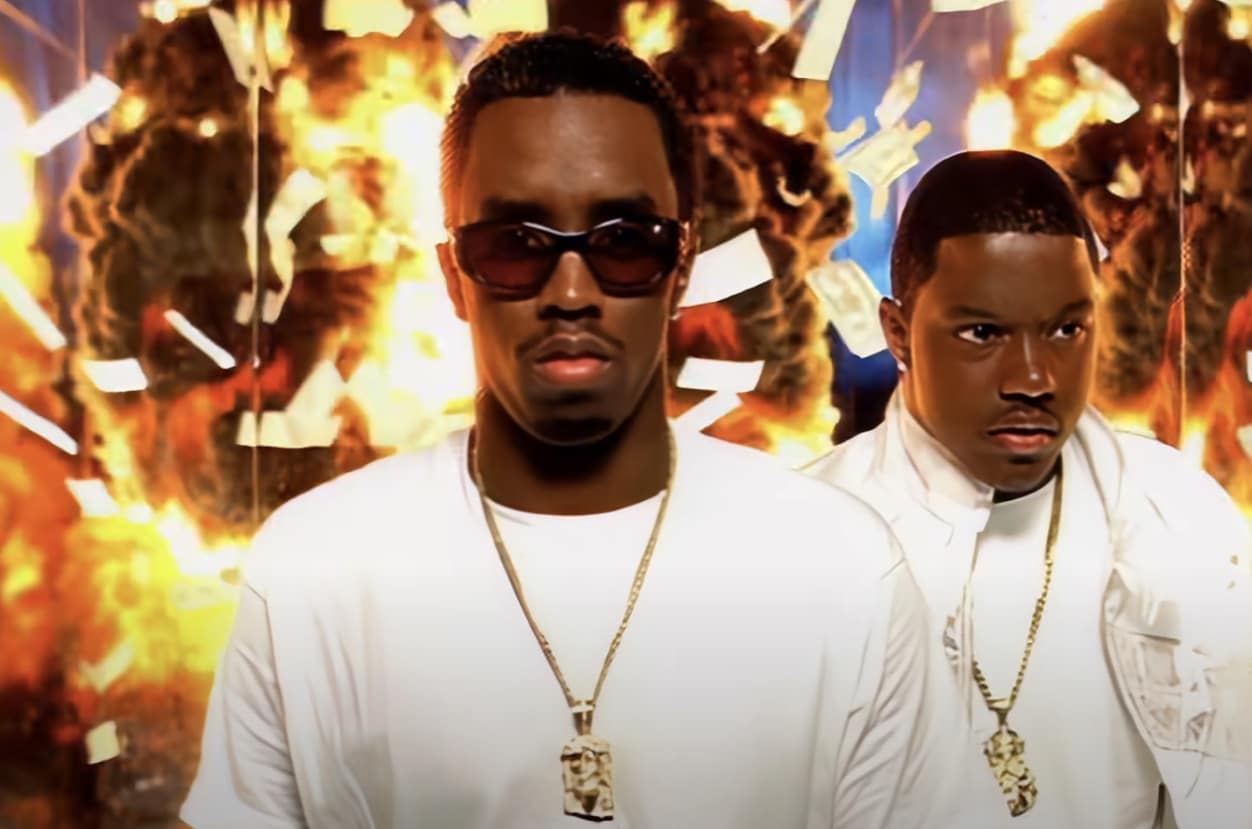





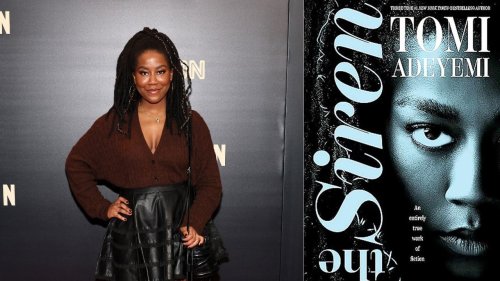

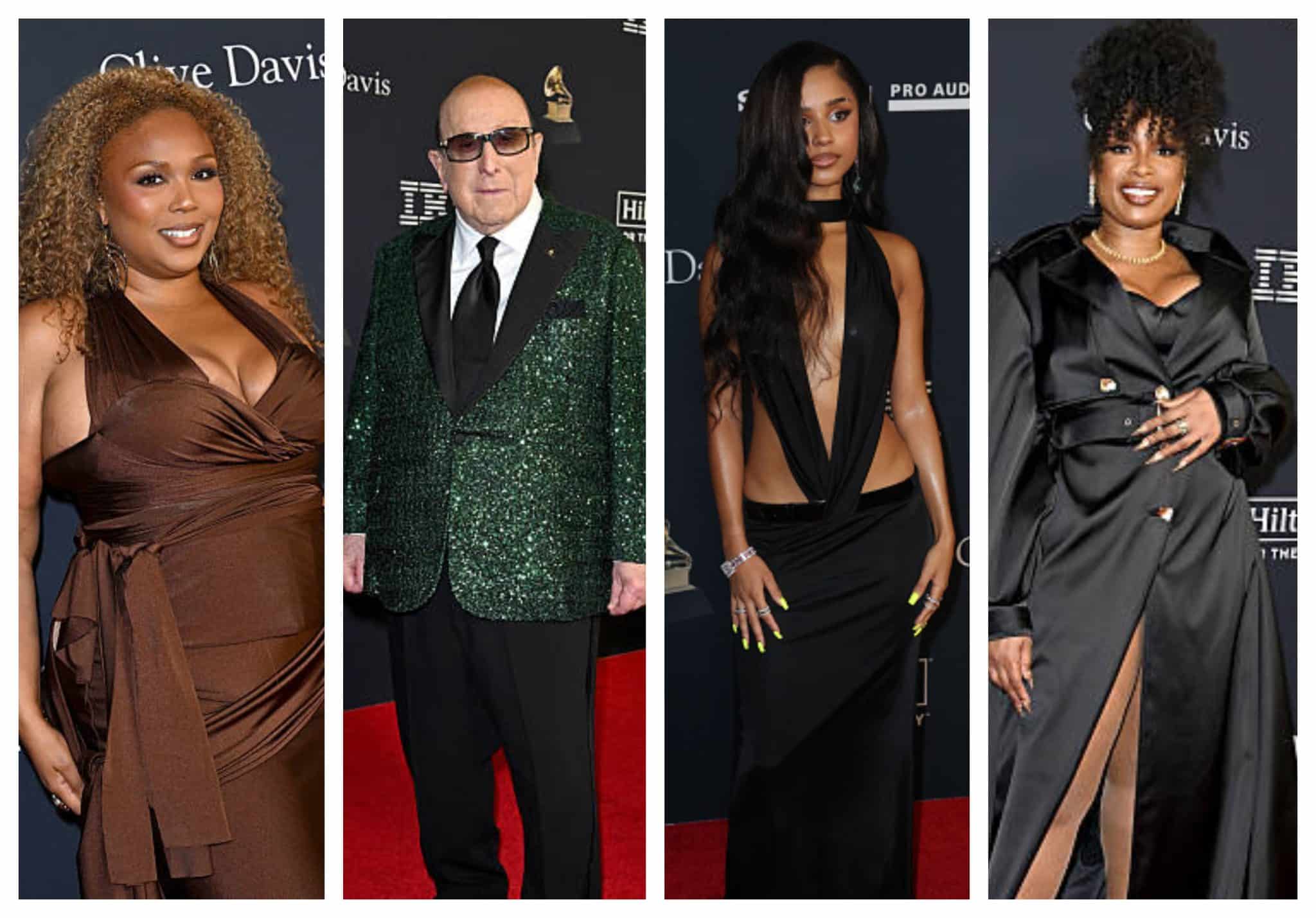
![Britney Spears Explodes Again: Attacks Estranged Family in Shocking Post Claiming She’s ‘Scared’ of Them and ‘Lucky to be Alive’ after Conservatorship Hell [Photo]](https://www.lovebscott.com/wp-content/uploads/2026/02/britney-spears-110725-1-c88e4fe269b449e5bdfd76c72f7c8939.jpg)
